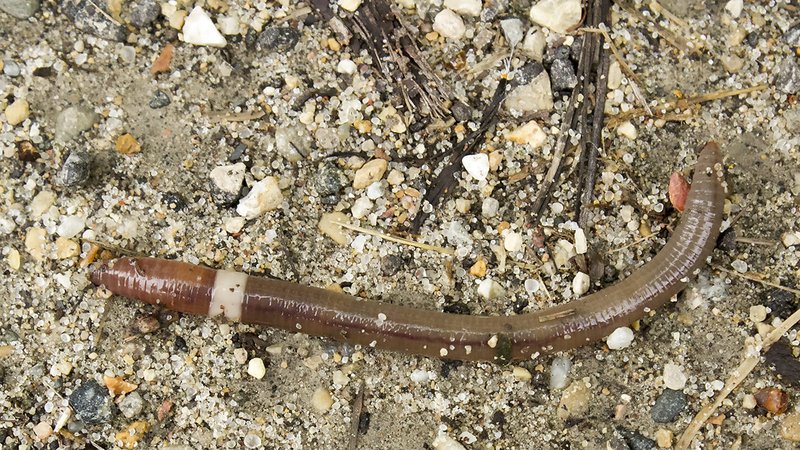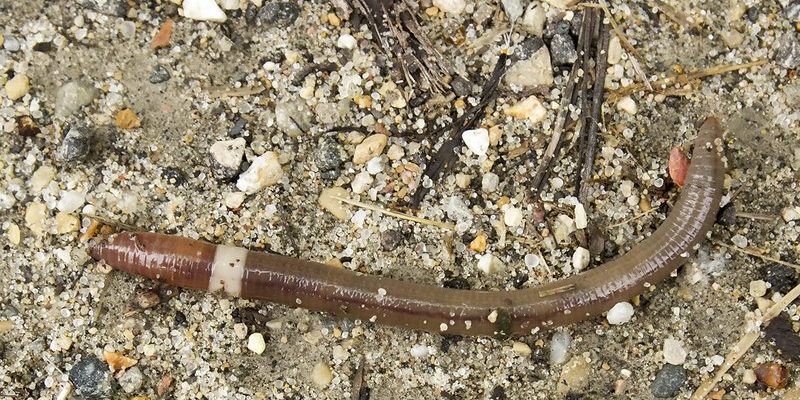
Picture this: You’re strolling through a garden and come across a wriggly earthworm. It seems to be busy digging, but could it be taking a break? Like any creature, earthworms have their own unique ways of resting. So, let’s dig deeper into the world of these amazing little critters and find out if they really do sleep or just take long, slow breaks.
What Does it Mean to Sleep?
Before we jump into the life of an earthworm, let’s clarify what sleep actually means. For most animals, sleep is characterized by periods of inactivity, reduced responsiveness, and a change in brain waves. We humans have our own sleep cycles, where we drift into deep sleep and experience dreams.
But here’s the thing: Not all creatures sleep in the same way. Some, like fish and certain insects, have different patterns that help them rest while still being aware of their surroundings. So, understanding sleep isn’t as straightforward as it might seem.
Earthworms don’t have a brain like ours, but they do have a nervous system that helps them respond to their environment. This makes us wonder—do they experience rest in a similar way?
Do Earthworms Sleep Like Humans?
Now, onto the big question: Do earthworms sleep like we do? Well, not exactly. Earthworms don’t have eyelids to close or a place to snuggle into bed. Instead, they have a more basic way of resting. They tend to become less active during certain periods, especially at night. During these times, they might curl up, slow down, or retreat deeper into the soil.
Here’s an interesting fact: When earthworms are in the dark, they tend to stay still. This could be their version of a good night’s sleep. Think of it as turning down the lights in your room when it’s time to wind down.
Many scientists suggest that this resting state helps them conserve energy and recover from the day’s activities—like tunneling through dirt and munching on organic matter.
How Do Earthworms Rest During the Day?
Earthworms are mainly nocturnal, which means they do the majority of their activities at night. During the day, they often retreat below the surface, where it’s cooler and darker. This helps protect them from predators and the harsh sun.
So, while they might not be sleeping in the traditional sense, they’re definitely taking a break. Think of them as introverts who prefer to hang out in their cozy spots during the day.
Their resting periods allow them to stay safe and also help the soil. As they rest, they continue to play a vital role in soil health by aerating the ground, breaking down organic material, and enhancing nutrient availability.
The Science Behind Earthworm Activity
Scientists have studied earthworm behavior for years, trying to understand their activity patterns. Interestingly, their activity can be influenced not just by the time of day but also by factors like moisture and temperature. When it rains, for example, earthworms are more likely to be active on the surface.
This is because wet soil makes it easier for them to move around. You might have noticed that after a rain, there seem to be more earthworms out and about. They take advantage of the conditions to do their thing before diving back into the ground to rest.
It’s a fascinating cycle. When the conditions are right, they’re up and working hard; when the conditions change, they know it’s time to rest.
Why Understanding Earthworm Resting Habits Matters
You might be thinking, “Why does it matter if earthworms sleep or rest?” Well, understanding their behavior helps us appreciate their role in the ecosystem. Earthworms are often called “nature’s plowers” for a reason—they help to aerate the soil, which allows plants to grow better.
If we know more about how they rest and when they’re active, we can create better environments for them. This can be especially important for gardeners or farmers who rely on healthy soil for their crops.
By minimizing disturbances during their resting periods, we can support their efforts in enriching the soil. When we treat our garden guests with respect, we’re ultimately helping promote biodiversity and a healthier environment.
So, do earthworms sleep or rest? The answer isn’t a simple yes or no. While they don’t sleep like we do, they definitely have their own version of downtime. They become less active, retreat below the surface, and take breaks, especially during daylight hours.
These little creatures may not snuggle into beds, but they do embrace a restful life filled with essential activities that benefit the soil and plants around us. Understanding their habits allows us to appreciate them even more and recognize their crucial role in our ecosystem.
Next time you see an earthworm wiggle by, remember the important work they do and how their resting habits keep our environment thriving. So, let’s celebrate these humble helpers in our gardens and give them the space they need to do their important work!

